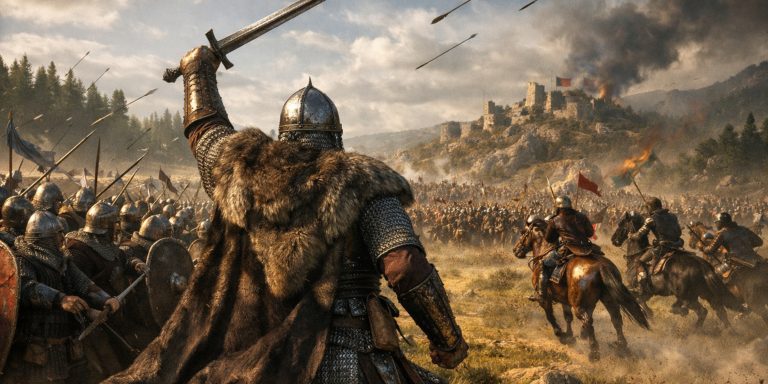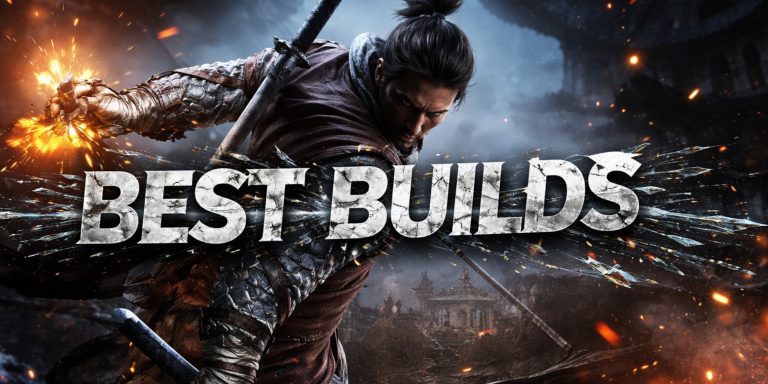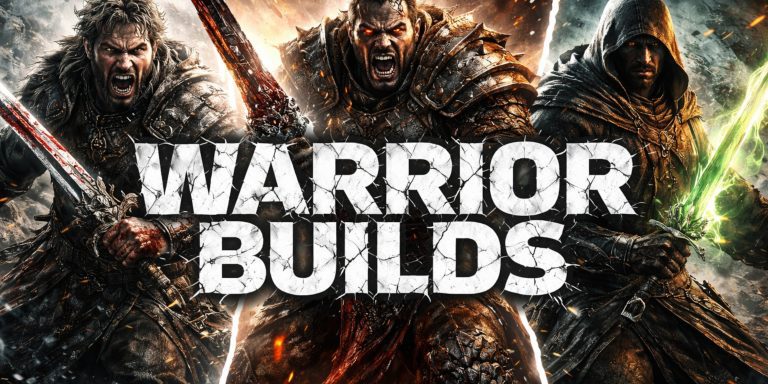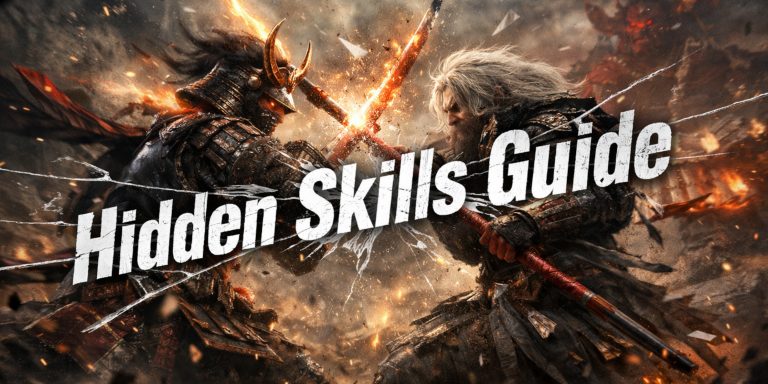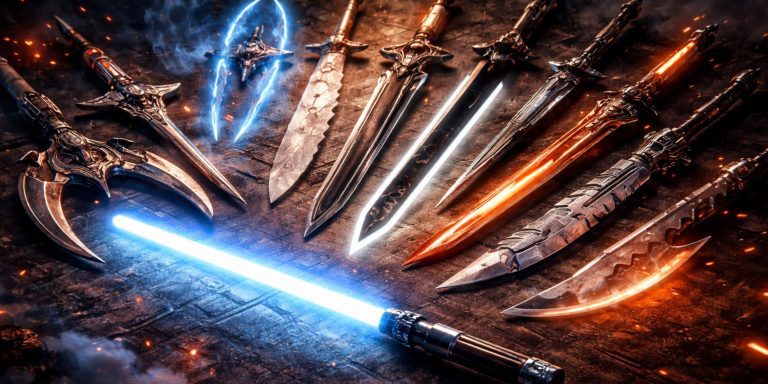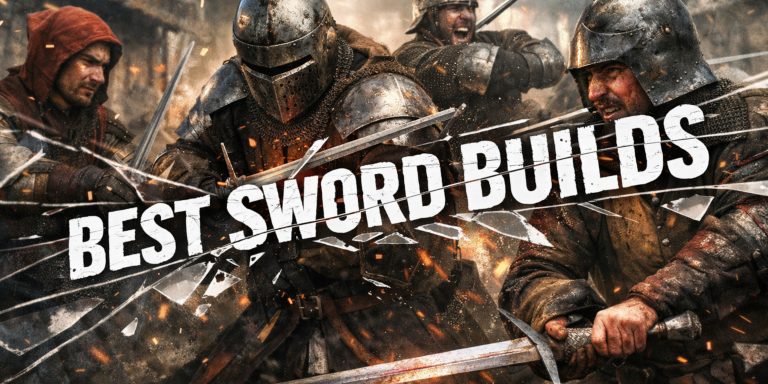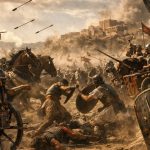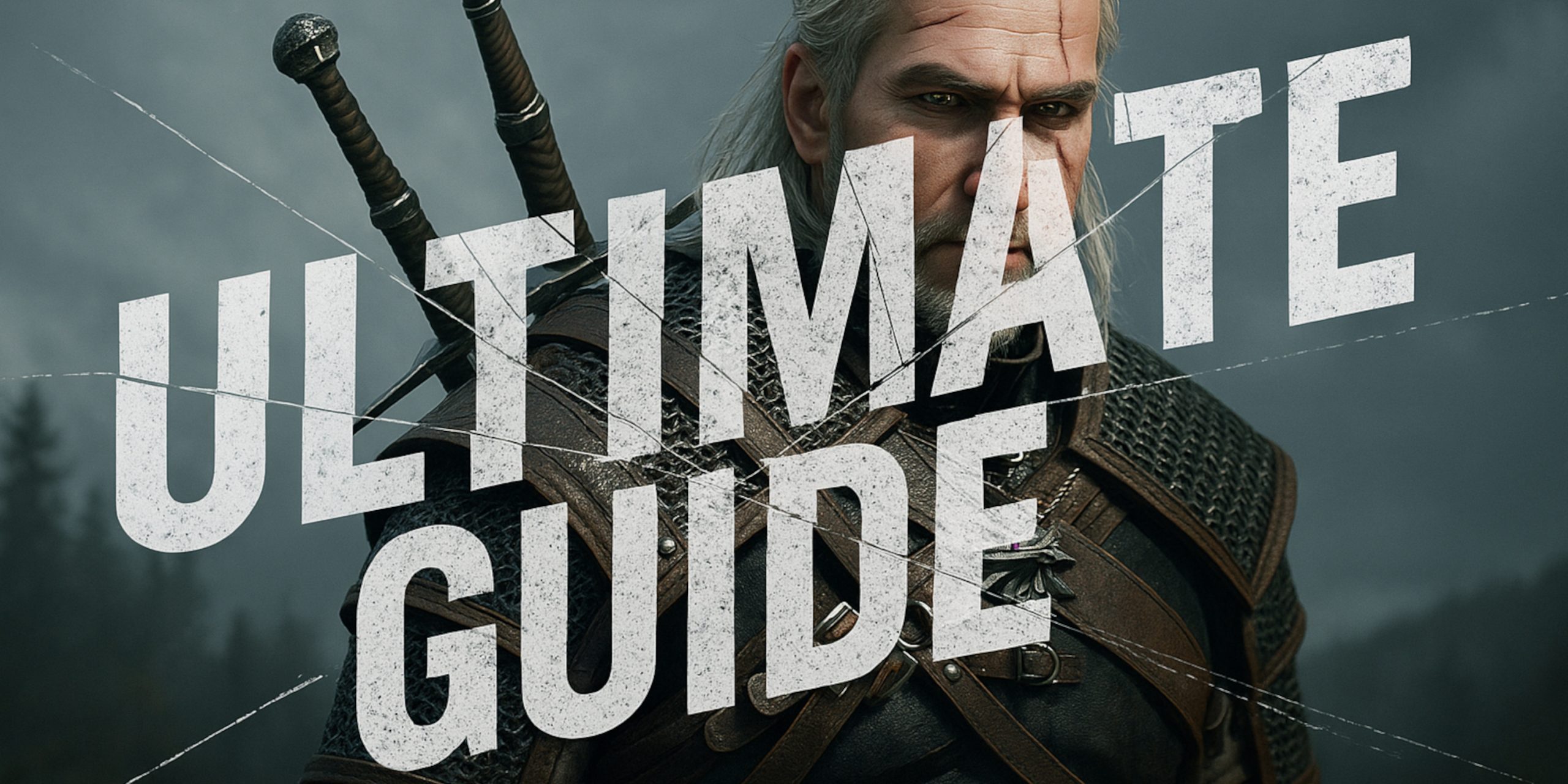
The Witcher 3: Wild Hunt remains one of the most acclaimed RPGs ever made, and it offers a rich, open world packed with lore, consequence-driven quests, brutal combat, and layered character progression. Becoming a truly masterful Witcher isn’t just about hitting hard. It’s about preparation, adaptability, and understanding how each system works together. This guide breaks down every key element to help you play with purpose and precision.
Understanding Your Witcher
Geralt of Rivia isn’t just a wandering monster slayer. He is a professional, trained from childhood, mutated for heightened senses and reflexes, and deeply embedded in a world shaped by political intrigue, sorcery, and ancient prophecies. Playing him well means adopting that mentality.
- Witcher Senses are not just for show. Use them to scout hidden loot, track enemies, and reveal secrets.
- Signs (Aard, Igni, Yrden, Quen, Axii) are more than tools – they can define your combat style when upgraded intelligently.
- Alchemy is a force multiplier. Oils, potions, bombs, and decoctions give you critical advantages in the right hands.
Combat: Skill Over Strength
The combat in The Witcher 3 rewards timing, movement, and smart preparation far more than blind aggression. Mastering it means refining your reflexes and understanding your enemy.
- Dodging vs Rolling: Use short dodges for close-range fights; save rolls for larger gaps or heavier foes.
- Parrying and Countering: Human enemies are especially vulnerable to well-timed counters. Creatures, not so much.
- Signs in combat: Quen should be your default, but switching to Igni or Axii mid-fight can change the tide, especially against crowds or creatures vulnerable to fire or mind control.
Levelling and Builds: Focus, Don’t Spread Thin
Levelling in The Witcher 3 isn’t about pumping up stats endlessly. You are better served by picking a core style, swordsman, sign user, alchemist, and investing deeply. Trying to do everything leaves you middling at all.
- Combat-focused: Cripple enemies with fast attacks and precision counters. Max out Whirl or Rend for serious devastation.
- Sign-heavy: Upgrade Igni’s Melt Armour or Axii’s Delusion. This route plays well for crowd control and dialogue options.
- Alchemy-based: Lean into Euphoria builds with decoctions. It takes patience to set up but is nearly unstoppable late game.
Mutagens and skill slot synergy matter. Pay attention to colour-matching abilities with mutagens and unlock more ability slots through Places of Power and levelling.
Gearing Up: Know Your Blades and Armour

Good equipment makes a difference, but better gear alone won’t carry you. Learn to maintain your weapons and understand what gear suits your style.
- Witcher Gear Sets: School of the Cat for agility and fast attacks, Bear for tankier builds, Griffin for sign-focused play. Upgrade them as you level.
- Runes and Glyphs: Don’t hoard them. Slot them in as you go, especially early on. Even small bonuses help.
- Repair kits and blacksmiths: Weapons dull fast. Keep repair kits handy to avoid being caught underpowered mid-quest.
Preparing for the Hunt

No Witcher walks into a contract unprepared. Investigate the creature, brew the right potions, apply the correct oil, and arm yourself with bombs that target weaknesses.
- Potions: Swallow, Thunderbolt, and White Raffard’s Decoction are staples. Later on, look into Ekhidna and Water Hag decoctions for synergy builds.
- Oils: Always apply the correct oil. Even a 10–25% boost to damage can shorten a fight dramatically.
- Bombs: Grapeshot for nests, Northern Wind for crowd control. Don’t underestimate their utility, especially against vampires and spectres.
Exploring the World

From Velen’s war-torn swamps to the isles of Skellige and the streets of Novigrad, the world is alive and brimming with stories.
- Take on Witcher Contracts: They’re some of the best-designed quests, offering unique monsters and lore.
- Treasure Hunts and Scavenger Quests: These help you find the best Witcher gear.
- Side Quests: Don’t skip them. Some are better written than the main story arcs in other games.
Gwent and Crafting: Not Just Side Distractions
Gwent isn’t essential, but it’s rewarding. A full Northern Realms or Nilfgaard deck can carry you through tournaments. Crafting, meanwhile, allows you to create your own bombs, oils, and gear with scavenged materials.
- Gwent Tips: Focus on one faction and build a strong core. Don’t chase every card early, buy the easy ones from innkeepers.
- Crafting Focus: Prioritise upgrading Witcher gear and stocking up alchemy ingredients. Dismantling loot is often better than selling it.
Key Quests That Shape You
Certain quests deepen your connection with Geralt’s world, decisions, and morality.
- Family Matters (The Bloody Baron): A brutal and emotional story arc with major consequences.
- The Battle of Kaer Morhen: Epic and character-rich, with results shaped by your earlier choices.
- Through Time and Space / Skellige’s Crown: Essential for understanding the political and mystical backdrop.
Becoming the Witcher
Mastery isn’t about power levelling or chasing the perfect build. It’s about playing like a Witcher. Prepare for every fight, know your prey, observe the world, and act with restraint where needed and brutality when called for. Whether you’re slaying Leshens in a forest or navigating the politics of Novigrad, the path of the Witcher is one of survival, precision, and consequence.

